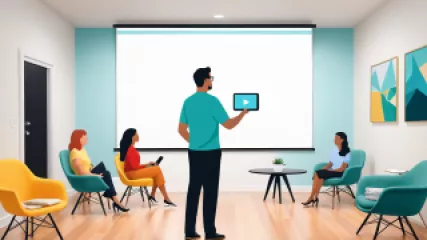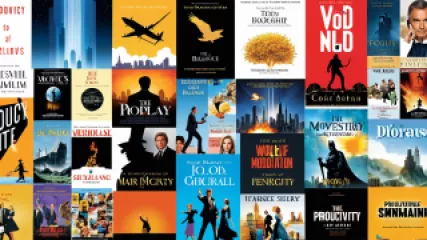In a world where the mind is both the final frontier and the greatest asset, I stand at the vanguard, exploring and charting the intricacies of human productivity and the transformative power of life coaching. I'm Pedro Shaw, and for over a decade, my mission has been to unlock the latent potential within each individual, guiding them not just towards achieving their goals but in redefining what they believe is possible.
My fascination lies in the psychology of productivity. This isn't just about doing more in less time; it's about understanding the why behind our actions, the rhythms that dictate our efficiency, and the mental barriers that hold us back. Through a blend of pioneering research and practical application, I've developed strategies that are as unique as the individuals I work with. Imagine transforming procrastination into a tool, leveraging daydreaming for creativity, and turning stress into your ally. That's just the beginning of what we can achieve together.
Equally compelling is the realm of life coaching advantages. Here, I diverge from traditional paths, believing that the essence of coaching isn't in providing answers, but in unlocking questions. Questions that challenge, inspire, and ultimately lead to a deeper understanding of one's self and purpose. My approach is dynamic, adapting to the ever-changing landscape of life's challenges and opportunities. Whether you're at a crossroads, seeking to elevate your career, or yearning for a more fulfilling personal life, I'm here to illuminate the possibilities that reside within you.
What sets me apart is not just my experience, but my relentless pursuit of innovation in therapy. I'm constantly on the lookout for new techniques, blending science, psychology, and a splash of unconventional wisdom to craft methods that are truly transformative. It's not uncommon to find me delving into the latest research, attending global conferences, or collaborating with pioneers across disciplines. All this, to ensure that the therapy I offer remains at the cutting edge, perfectly attuned to the complexities of the modern mind and the fast-paced world we navigate.
But at the heart of it all is my belief in the power of connection. My practice is built on the foundation of empathy, respect, and genuine care. I see each interaction not just as a session, but as an opportunity to forge a partnership in pursuit of greater well-being and fulfillment. Together, we'll explore uncharted territories of your mind and life, facing challenges head-on and celebrating every victory along the way.
If you're ready to embark on a journey unlike any other, to discover the untapped potential within you and to harness the full power of your mind and spirit, then I invite you to reach out. Let's pioneer the path to your best self, together.















